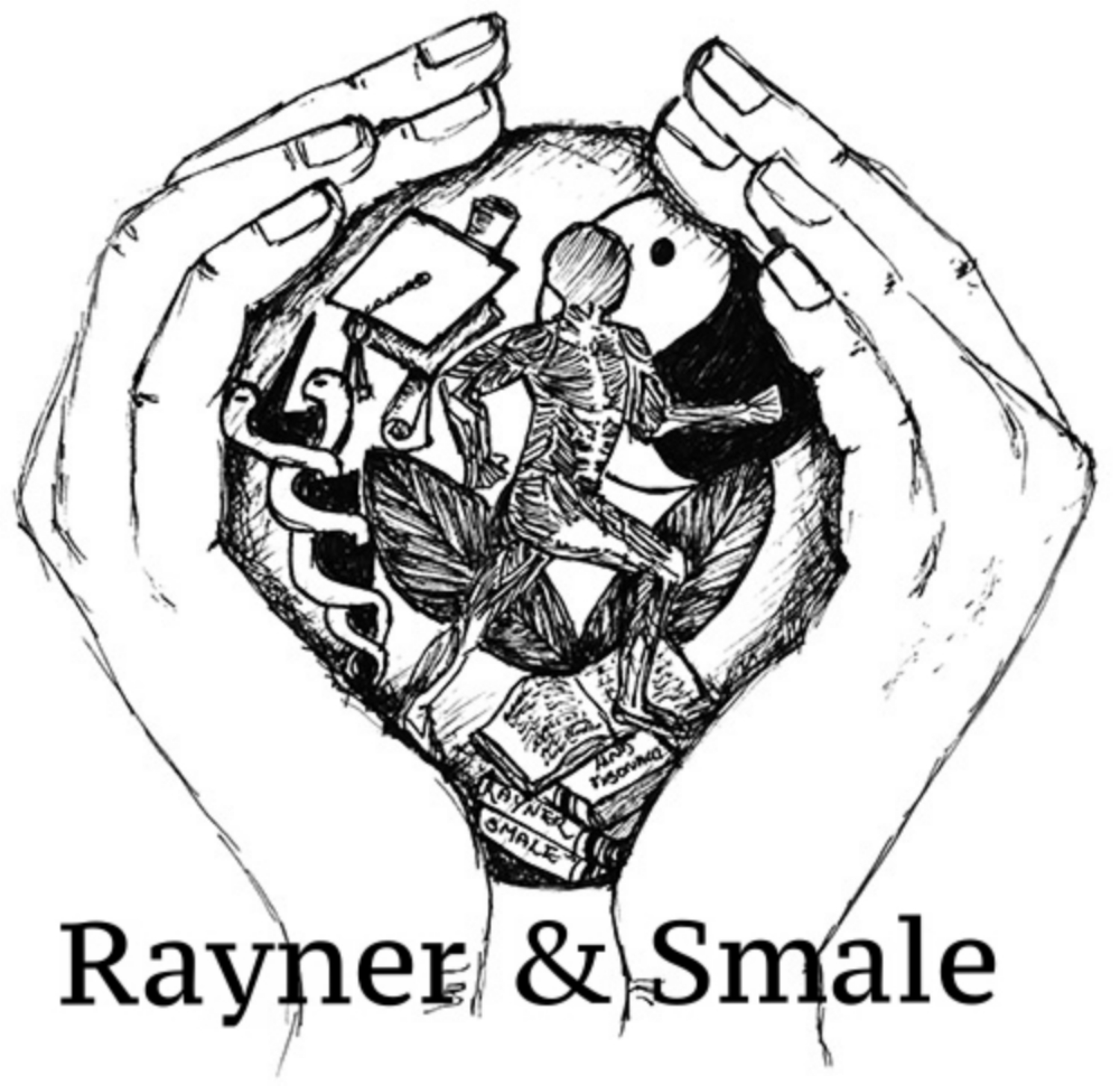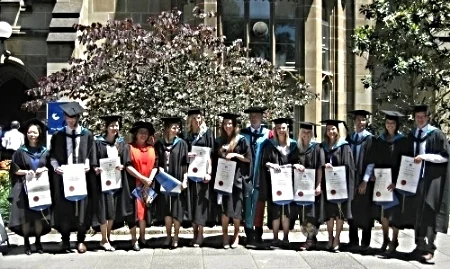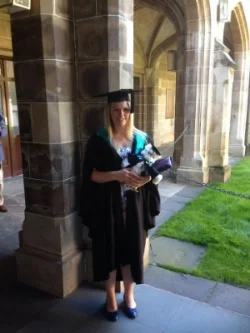The Road to Mastering Physiotherapy
A journey of a thousand miles begins with a single step...Confucius
Since completing my Masters, many people have asked...why did you do it? What did you learn? Was it worth it?
Why? I loved all the practical aspects of physiotherapy and always knew I would continue with a Masters. After working in private practice for two years, I reached a point where I needed to know I was doing the right thing. Before that I did what I believed was right, patients liked me, they got better...therefore I was amazing! But the 20% that didn't get better, was that my fault? Or were their conditions not appropriate for physiotherapy. I wanted to expand my knowledge base, learn new techniques and become a "guru".
At this stage I also needed a break from working, my treatments consisted of 80% hands-on therapy, with my techniques relying on quantity not quality so I was physically and emotionally exhausted every night. I took a well-timed holiday and travelled to Europe alone for 12 weeks. This reignited my physiotherapy passion and forced me to really evaluate my strengths and weaknesses which definitely prepared me for my Masters experience.
So what was my Masters like? There is a brilliant article by Perry et al (2011) which completely summed up my experience, which Sian has expanded on further. The first week I was excited, I couldn't wait to start learning new techniques, refresh my anatomy, read journal articles every day. Then my clinics started...and I realised I knew nothing. My subjective questioning was lazy, I forgot to check red flags and 24 hour behaviour and I often jumped straight to pain patterns and diagnosis without clearing other areas or symptoms. Looking back, I was very lucky that I didn't harm someone early in my career. My physical assessment went off on tangents, I had no structure and rarely cleared an area. I was excellent at biomechanical assessment and muscle palpation but was scattered with all other assessment. I could treat the common injuries but not much more. Then my treatment...I did everything, a patellofemoral joint issue received mobilisations, massage, gluts and VMO strengthening and possibly some low-dye and/or PFJ taping. When in doubt, treat everything.
The supervisors expected a maximum of two treatment techniques, we were required to assess for 80% of the session, then provide one targeted treatment and reassess multiple asterisk signs. But which treatment to choose? Our comprehensive assessment, reassessing after assessments, mini-treatments and our primary hypothesis was meant to supply that, which was impossible when your diagnosis was based on assumptions.
Our first day, the Head of Physiotherapy told us we would all cry at one point, that locking ourselves in the bathroom occasionally to break down was normal, however if it became a daily thing to let them know. We all laughed...then realised she was right. My greatest highs last year followed my greatest lows, it's just something we had to endure to become better.
So the first clinic was a steep learning curve, I loved every theory and practical class but dreaded clinics as it blazingly highlighted my weaknesses. The second clinic started to make sense, I occasionally had patients where I nailed a subjective assessment or when my 60 second mini-treatment improved knee flexion by 50degrees. I still thought I would just “get my degree” and go back to "my way" of treating.
I returned to Perth to complete a three week locum on my holiday and suddenly everything made sense! I reproduced patient's symptoms, reassessed three asterisk signs after a mini-treatment, cleared other areas and correctly used neural tension tests. My patients got better within treatment sessions, I was excited not exhausted at the end of each day and I knew I was “treating right” because I could justify every treatment technique.
So I returned to Melbourne to continue...and everything started to click. My supervisors never let me rest, they constantly provided feedback and pushed me further, but now I appreciated it. I knew I was an adequate physiotherapist but I wanted to become brilliant.
The biggest thing I learnt from my Masters was to constantly critique myself, I will never be perfect but we quickly become complacent. Constantly judging my skills ensures I am continually researching the literature, practicing my handling and justifying my treatment techniques using evidence. I will forever be indebted to my amazing supervisors and lecturers, in particular Guy Zito, Frankie Mullins and Christine Frith, whose voices continue to echo in my head challenging me further.
As every post-graduate says: the more you learn, the more you realise you don't know. Before beginning my Masters, I thought I was a really good physio who just needed new techniques to become great. Now I realise I was an adequate physio who had to develop her clinical reasoning to a level where she could one day become great.
Last year was the hardest, most confronting, challenging experience of my life, yet I would encourage every physio to undertake post-graduate study. I don’t believe you can become an excellent physio until you have been stripped bare, with all your weaknesses on show. Only then can you strive to become a Master.
I may not be there yet, but I'm closer than I was yesterday.
Alicia
References
Perry, J., Green, A., & Harrison, K. (2011). The impact of Masters education in manual and manipulative therapy and the ‘knowledge acquisition model’. Manual therapy, 16(3), 285-290.


